Karen Dunbar reveals her fears for the future of Scottish comedy due to growth of cancel culture
But Karen Dunbar has now admitted she is afraid of being cancelled, ostracised or even physically attacked due to the modern-day risks of causing offence.
The stage-and-screen star says she has the "total fear" about making new work and worries for the future of comedy due to the growth of "cancel culture", which has caused deep divisions in the industry.
Advertisement
Hide AdAdvertisement
Hide Ad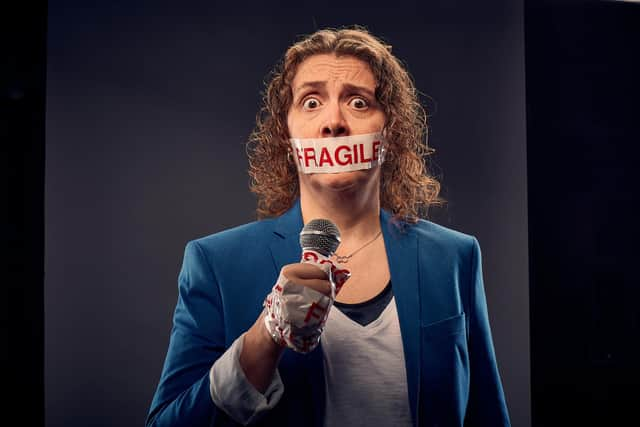

Ayrshire-born Dunbar became one of Scotland’s best-known entertainers after shooting to fame with Ford Kiernan and Greg Hemphill in the hit sketch show Chewin’ the Fat.
The 50-year-old former DJ and karaoke host became the first female comic in Scotland to be given her own sketch show, has appeared on stage in shows ranging from serious drama to pantomimes, and also co-hosted the opening ceremony of the Commonwealth Games when it was staged in Glasgow,
She will make a TV comeback next week with a one-off documentary exploring the impact of “cancel culture” on comedy and on how her generation of comics are having to “apologise for all their wisecracks”.
The hour-long programme sees Dunbar confronted with her own material that is now deemed too offensive to be broadcast, including sketches from Chewin’ the Fat. She also falls foul of a focus group of young Scots when they are shown sketches she has appeared in, goes on on a diversity and inclusion course, and grapples over how to perform stand-up comedy for the first time in over a decade.
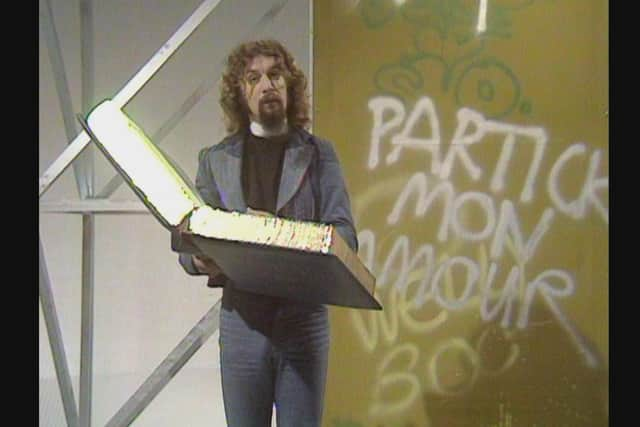

Dunbar speaks to key figures involved in deciding what may be deemed offensive by modern-day TV viewers, as well as the controversial comics who have fought back under the banner freedom of expression.
The documentary, #CancelKarenDunbar, explores how some of Britain’s most popular comedies, including Fawlty Towers, Little Britain, The Royle Family and Porridge, have run into trouble due to complaints over the offensive nature of some of the content, and recalls the storm of controversy Billy Connolly became embroiled after poking fun at religion.
Speaking in the the documentary, which depicts Dunbar’s anxieties about returning to the stage, she says: “I don’t know how to do comedy without offence. I don’t know how to speak without offence now.
Advertisement
Hide AdAdvertisement
Hide Ad"It is interesting that the older generation feels like we are wrong, and they are right and there is something in me that resents being schooled. I can feel it in me.
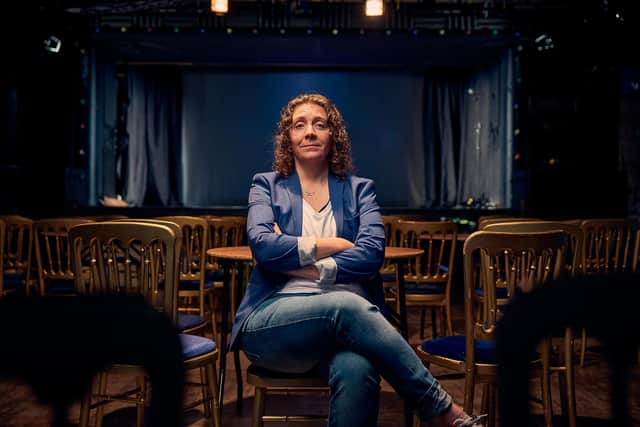

"If cancelled means ostracised, if cancelled means not being able to get any work, if cancelled means people spitting at you in the street, if cancelled means bricks through your window, yeah, I am frightened of that. Who isn't?
"Making jokes today gives me the total fear. I fear for the future of comedy.”
Speaking to The Scotsman ahead of the documentary being shown on Thursday, Dunbar said: "The ides for the documentary really came from a feeling that I really didn't know what to say anymore.
"It's not as if I was coming up against things myself on a daily basis, but it was more from watching the world unfold.
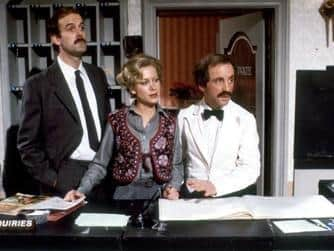

"I don't know if I am ever comfortable about making comedy, because it is risky. My thing is 'is it funny? Are they laughing?' The discomfort is part of the energy in the creative process. There will always be that part of me that has that nervousness.
“I've no idea where comedy is going. Evolution is on a fast-track now. I don't think that means there will be no laughter in the world. I just think we will maybe laugh at different things.
Advertisement
Hide AdAdvertisement
Hide Ad"I don't know what it would take for there to stop being good comedy. As a species, we'd need to lose not only our sense of humour, but also our vital need for humour. It's not just an add-on to our wellbeing, it's absolutely necessary."
In the documentary, a young trans-male gets visibly upset at one of Dunbar’s previous sketches.
The comic is told: “That was the sort of thing when I was growing up that would be on in the background that would sort of reinforce the idea in my head that I wasn't right and that I was the butt of a joke.”
Among those interviewed by Dunbar are “anti-woke” Scottish comic Leo Kearse, and Konstantin Kisin and Francis Foster, hosts of the free speech podcast TRIGGERnometry.
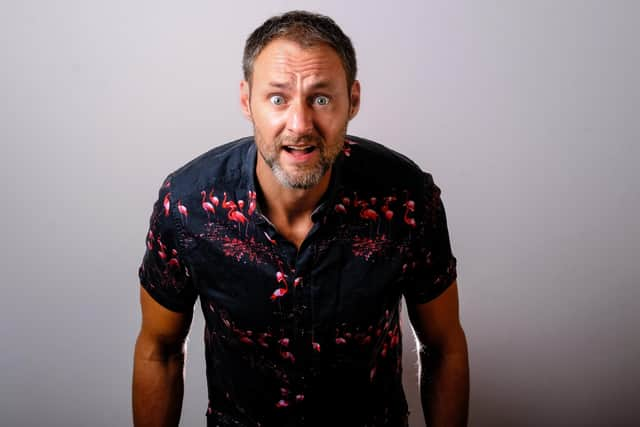

Kisin says: “People on our side of the argument are saying 'let's have freedom, let's people make the jokes they want to make and let the audience decide what they want to see'.
"We're not trying to shut anyone down, we're not trying to cancel vanilla, progressive or woke comedians. Let them do their jokes, let them do whatever they want, but let everyone else do the jokes that they want to.”
Foster said: “To me, what great comedy is, is when you think to yourself 'I can't believe they said that'. If you think about the great comedians that you probably fell in love with, the Billy Connollys and the Richard Pyrors, they were all saying these shocking things, but we need that as a society. We need a mirror to be held up to us. If we say 'that is hate speech, you cannot say that', you are destroying the art form.”
Advertisement
Hide AdAdvertisement
Hide AdDunbar tells the pair: “I do agree, but I don't know what to do with it. I'm frightened of agreeing. I am afraid of ostracisation, I am afraid of judgment and I'm afraid of violence.”
The comic told The Scots man: “My desire is to connect with people. I don't necessarily think any of my comedy was ever that edgy. But I don't know if you can do comedy without taking risks.
“Sometimes you don't get it right till you get it wrong. There’s always going to be risk with that, but that’s the same with any other profession or how you live your life.”
Comments
Want to join the conversation? Please or to comment on this article.

